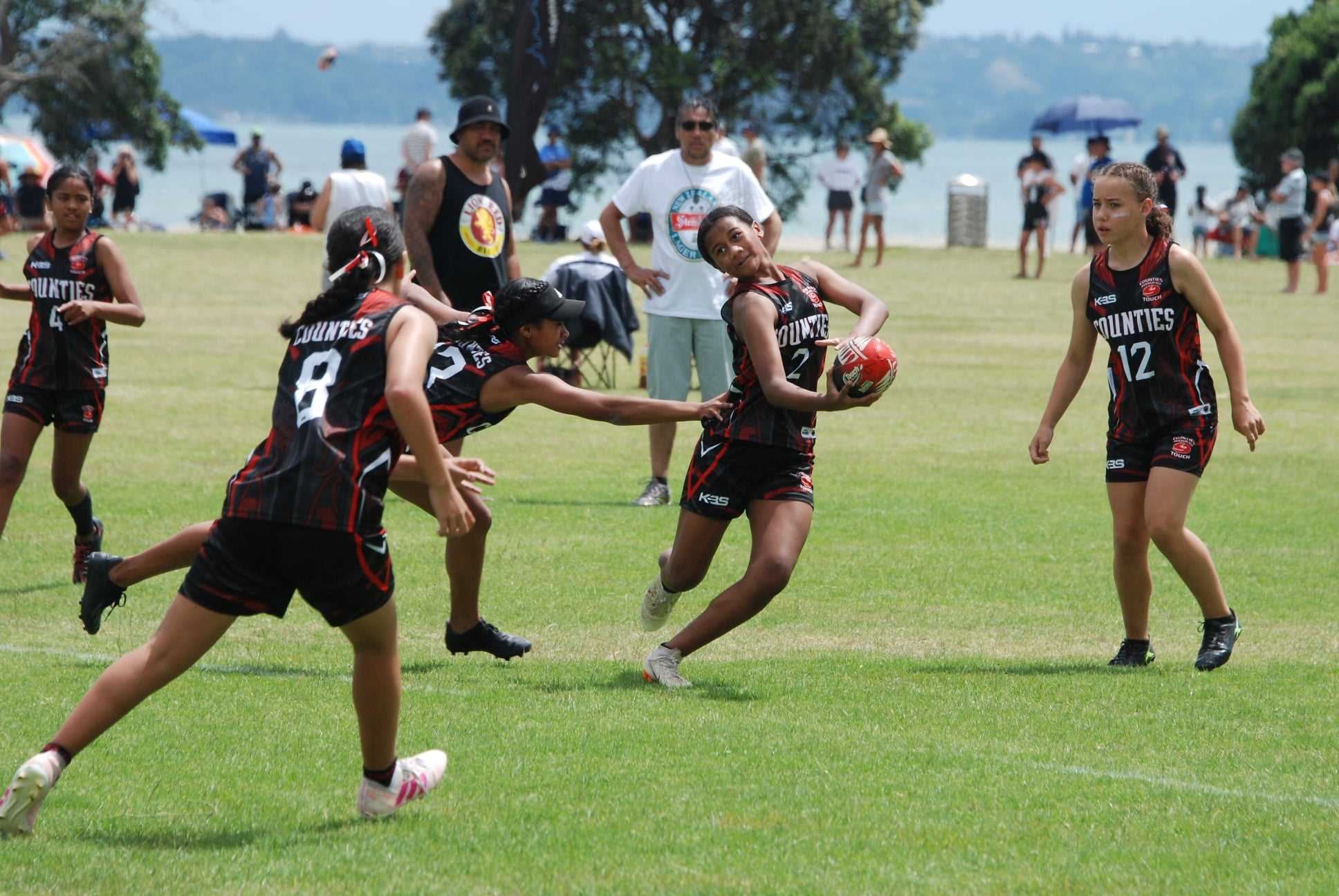
Dislocations and sprains are the most common injuries in rugby shoulder. These are caused by a joint being stretched beyond its limits and can result in joint deformities. Players may also find it difficult to perform basic movements. The injury may need surgery if it is severe.
Rugby can also cause injuries to the acromioclavicular joint (ACJ). This can be caused by a fall onto one's shoulder. An impact that is strong enough to cause the ball of your upper arm bone's socket to pop out can damage surrounding tissues. Most cases result in a dislocation. It is possible to have the ACJ repositioned using surgery, although this is not always required.
Most rugby players will experience at least one injury to the shoulder joint. These injuries don't have to be severe and can be treated conservatively. Rugby is a sport that involves direct contact and tackles. Knowing how to diagnose and treat injuries in rugby is crucial. These injuries can be prevented and treated more effectively by rugby players learning the symptoms and their treatments.

A shoulder injury is when the collarbone or humeral head becomes detached from one another. This can occur due to overreaching and being tackled. A shoulder dislocation is characterized by pain, swelling, inability to move the arm, and difficulty breathing. It is best to see a doctor as soon as possible so that the injury can be properly diagnosed and treated. When a shoulder dislocation is suspected, the player should be removed from the field.
A direct hit to the shoulder can also cause a bruise on the joint or tear the surface. While the bruise in most cases is not severe, it can indicate a more serious injury. If the injury is severe, you will need to extricate the player from the game and transport him to the hospital.
Labral tears are another common type of shoulder injury. This happens when the labrum (the cartilage rim surrounding the shoulder socket) is torn. A labral tear can be repaired surgically to restore joint stability. Physiotherapy is used often to restore strength to overstretched ligaments.
Also, rugby is prone to bone fractures. Players may suffer a fracture of the thumb, wrist, ankle, or collarbone. MRI scans will usually reveal the affected bones. Surgery is required to fix severe fractures.

A ruptured muscle in the pectoralis major is another type. This injury is most common in schoolboy players. It is very rare to see professional players suffer a pectoralis muscle tear. Sometimes, a rugby player will pull the pectoralis minor muscle when they are playing in a scrum.
These types of rugby injuries can generally be treated with physical therapy. After they are fully recovered, players can return to their sport. Overuse can result in injuries, as with all sports. To prevent further damage, rest and wear a brace.
FAQ
What makes a sport extreme?
Since ancient times, sports are a part of our daily lives. They have evolved from being only athletic competitions to fully-fledged entertainments. Some sports have become part of our culture.
High levels of competition make some sports extreme. Pro basketball players, for example, play against one another almost every day for many hours. Other sports are more extreme as they require special equipment. Snowboarding is a sport that involves riding downhill on two wheels attached at the bottom.
Others sports are considered extreme due to their different rules. For example, soccer is played differently than American football.
Some sports are considered extreme because their participants are required to perform feats of athleticism. Gymnastics can be difficult, as athletes must balance on many objects while keeping their balance.
What happens when someone is doing extreme sports and falls from a cliff?
Extreme sports may cause injuries if you tumble off a rock face.
This would be a serious injury. If you fall from more than 30 metres (100 feet), you could get serious injuries.
Which extreme sport is most dangerous?
You balance on top of the board and fall off the mountain at high speed. This is snowboarding. You can get hurt if you go wrong.
What are the benefits of extreme sports?
Exercising in extreme sports has many health benefits. Here are some:
-
Exercise can help you stay healthy. You burn calories when you exercise. Exercise can also help you lose weight. So you look better.
-
Extreme sports help build self-confidence. Many people report feeling good about themselves after participating an extreme sport.
-
Extreme sports are great fun. There is nothing better than feeling free and full of energy.
-
Extreme sports offer adventure. What could be better than doing something adventurous? You will never know what you'll find.
-
Extreme sports are safe. No matter what sports you choose, they are safe.
-
Extreme sports can be dangerous. Extreme sports can be dangerous, but most extreme ones are safe if they're done correctly.
-
Extreme sports offer relaxation. It is important to find something you enjoy doing to relax.
-
Extreme sports build character. Extreme sports can help you build courage, discipline and perseverance. These qualities are crucial for everyday life.
-
Extreme sports help you become stronger. Most extreme sports require physical activity. This increases your strength and endurance.
-
Extreme sports encourage exercise. Fitness is essential for everyone. It enhances your quality life.
-
Extreme Sports can be a great form of recreation. Participating in extreme sports is a great way of spending time with family and friends.
Statistics
- Nearly 30% of all boardsailors live in the South, and more than 55% of all boardsailors live in cities with a population of more than two million people (momsteam.com)
- Since 1998, overall participation has grown nearly 25% - from 5.2 million in 1998 to 6.5 million in 2004. (momsteam.com)
- Nearly 40% of all mountain bikers have at least graduated from college. (momsteam.com)
- Boxing— 90% of boxers suffer brain damage over their careers, and this is not surprising in the least, considering that they are throwing punches at each other's heads. (rosenfeldinjurylawyers.com)
- Approximately 50% of all wakeboarders have been participating in the sport for 1-3 years. (momsteam.com)
External Links
How To
How Can I Learn To Skateboard?
Skating is a sport that requires you to use your feet on snow or ice. Skating can be done alone or with friends. It requires coordination and balance. First, you must learn how to stand on the board. Practice balance and moving forward and backward. You can also try jumping off stairs or ramps. These skills will allow you to skate faster and further than ever before.
Here are some tips and tricks to get you started with skating.
-
It is important to determine the type of skates that you are looking for. There are different kinds of skates available such as inline skates, roller blades, speed skates, figure skates, etc. The type of skill you have will determine which skates you should purchase. If you're new to skating, the best options are inline skates, speed skates, and roller blades. Figure skaters are more likely to purchase boots that provide support for their movements.
-
Buy proper equipment. The gear you choose will depend on whether or not you are participating in competitions. Make sure your skates are comfortable, fit well, have excellent stability, and are made from durable materials if you plan on competing.
-
Learn new skills. You can improve any skill with practice. You don't have to wait for a trick you know before you can try it. Instead, practice simple moves like walking backward, sliding sideways, spinning, etc. This will make it easier to master difficult maneuvers later.
-
Keep learning. Never expect to become a skilled skater overnight. Skaters who are the best spend many years perfecting their skills. They never stop learning. You have many options to improve your technique. For example, you could take lessons at a local rink, join a recreational league, watch videos online or attend workshops.
-
Be patient. Do not worry if you are still having difficulty mastering a complicated maneuver. Keep practicing. You will eventually develop the confidence to perform advanced stunts.
-
Have fun. Skating, which doesn't require special equipment or any training, is a great sport for beginners. Skating is a lot of fun.